NATIONAL COUNCIL POLLUTION MEASURES
입력 2019.10.01 (15:28)
수정 2019.10.01 (16:45)
읽어주기 기능은 크롬기반의
브라우저에서만 사용하실 수 있습니다.
[Anchor Lead]
South Korea's anti-fine dust agency comprising experts and citizen representatives has laid out the first set of measures to tackle air pollution. They include restricting the operation of older diesel vehicles between winter and spring, and having drivers leave their cars home every other day during weeks when fine dust levels are high.
[Pkg]
The measures unveiled by the National Council on Climate and Air Quality focus on carrying out concentrated fine dust reduction measures throughout seasons when the level of that pollutant is especially high. The presidential committee suggested banning the operation of outdated diesel vehicles in the capital region and cities with more than 500-thousand people between December and March. The measure would affect over one million cars, but exceptions will be granted to vehicles used for one's livelihood.
[Soundbite] AN BYEONG-OK(NAT'L COUNCIL ON CLIMATE & AIR QUALITY) : "We believe the measures can be implemented by December following revisions of laws and ordinances."
The council also proposed implementing an "alternate no driving day" system for weeks when fine dust levels are expected to be high. That would means you only get to drive every other day. However whether the rule will apply to the private sector will be determined by respective local governments. The operation of coal-fired plants will also be restricted. As many as 27 of the total 60 such power stations in the country will shut down in March when the fine dust situation is especially severe. Joint government and civic inspection teams will also monitor illegal factory emissions. Readings from fine dust measurement devices installed on chimneys will also be disclosed in real time. The council believes the stringent measures can help reduce fine dust by up to 20 percent this year.
[Soundbite] BAN KI-MOON(CHAIR, NAT'L COUNCIL ON CLIMATE & AIR QUALITY) : "What we need now is not medicine or exercise to bring about gradual change but emergency prescriptions and surgery."
But, some critics argue such regulatory action alone is not enough, as there must be measures addressing external factors such as fine dust blowing in from China.
South Korea's anti-fine dust agency comprising experts and citizen representatives has laid out the first set of measures to tackle air pollution. They include restricting the operation of older diesel vehicles between winter and spring, and having drivers leave their cars home every other day during weeks when fine dust levels are high.
[Pkg]
The measures unveiled by the National Council on Climate and Air Quality focus on carrying out concentrated fine dust reduction measures throughout seasons when the level of that pollutant is especially high. The presidential committee suggested banning the operation of outdated diesel vehicles in the capital region and cities with more than 500-thousand people between December and March. The measure would affect over one million cars, but exceptions will be granted to vehicles used for one's livelihood.
[Soundbite] AN BYEONG-OK(NAT'L COUNCIL ON CLIMATE & AIR QUALITY) : "We believe the measures can be implemented by December following revisions of laws and ordinances."
The council also proposed implementing an "alternate no driving day" system for weeks when fine dust levels are expected to be high. That would means you only get to drive every other day. However whether the rule will apply to the private sector will be determined by respective local governments. The operation of coal-fired plants will also be restricted. As many as 27 of the total 60 such power stations in the country will shut down in March when the fine dust situation is especially severe. Joint government and civic inspection teams will also monitor illegal factory emissions. Readings from fine dust measurement devices installed on chimneys will also be disclosed in real time. The council believes the stringent measures can help reduce fine dust by up to 20 percent this year.
[Soundbite] BAN KI-MOON(CHAIR, NAT'L COUNCIL ON CLIMATE & AIR QUALITY) : "What we need now is not medicine or exercise to bring about gradual change but emergency prescriptions and surgery."
But, some critics argue such regulatory action alone is not enough, as there must be measures addressing external factors such as fine dust blowing in from China.
■ 제보하기
▷ 카카오톡 : 'KBS제보' 검색, 채널 추가
▷ 전화 : 02-781-1234, 4444
▷ 이메일 : kbs1234@kbs.co.kr
▷ 유튜브, 네이버, 카카오에서도 KBS뉴스를 구독해주세요!
- NATIONAL COUNCIL POLLUTION MEASURES
-
- 입력 2019-10-01 15:37:55
- 수정2019-10-01 16:45:34
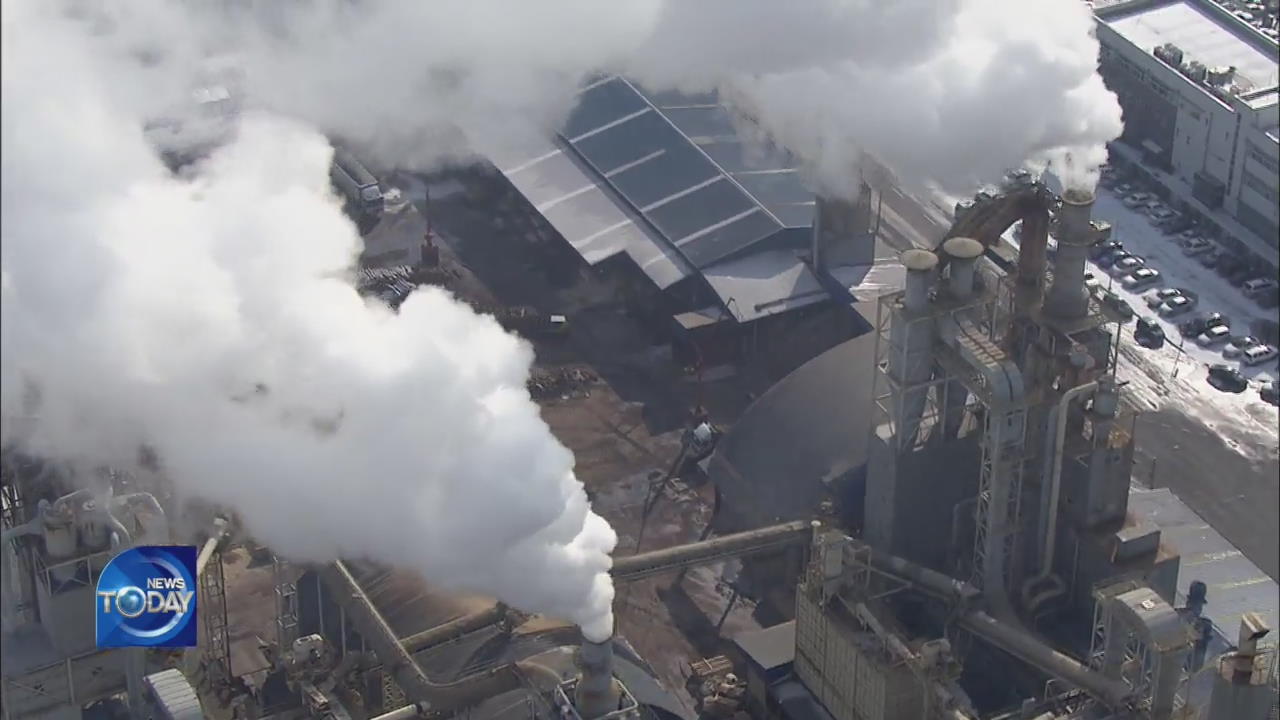
[Anchor Lead]
South Korea's anti-fine dust agency comprising experts and citizen representatives has laid out the first set of measures to tackle air pollution. They include restricting the operation of older diesel vehicles between winter and spring, and having drivers leave their cars home every other day during weeks when fine dust levels are high.
[Pkg]
The measures unveiled by the National Council on Climate and Air Quality focus on carrying out concentrated fine dust reduction measures throughout seasons when the level of that pollutant is especially high. The presidential committee suggested banning the operation of outdated diesel vehicles in the capital region and cities with more than 500-thousand people between December and March. The measure would affect over one million cars, but exceptions will be granted to vehicles used for one's livelihood.
[Soundbite] AN BYEONG-OK(NAT'L COUNCIL ON CLIMATE & AIR QUALITY) : "We believe the measures can be implemented by December following revisions of laws and ordinances."
The council also proposed implementing an "alternate no driving day" system for weeks when fine dust levels are expected to be high. That would means you only get to drive every other day. However whether the rule will apply to the private sector will be determined by respective local governments. The operation of coal-fired plants will also be restricted. As many as 27 of the total 60 such power stations in the country will shut down in March when the fine dust situation is especially severe. Joint government and civic inspection teams will also monitor illegal factory emissions. Readings from fine dust measurement devices installed on chimneys will also be disclosed in real time. The council believes the stringent measures can help reduce fine dust by up to 20 percent this year.
[Soundbite] BAN KI-MOON(CHAIR, NAT'L COUNCIL ON CLIMATE & AIR QUALITY) : "What we need now is not medicine or exercise to bring about gradual change but emergency prescriptions and surgery."
But, some critics argue such regulatory action alone is not enough, as there must be measures addressing external factors such as fine dust blowing in from China.
South Korea's anti-fine dust agency comprising experts and citizen representatives has laid out the first set of measures to tackle air pollution. They include restricting the operation of older diesel vehicles between winter and spring, and having drivers leave their cars home every other day during weeks when fine dust levels are high.
[Pkg]
The measures unveiled by the National Council on Climate and Air Quality focus on carrying out concentrated fine dust reduction measures throughout seasons when the level of that pollutant is especially high. The presidential committee suggested banning the operation of outdated diesel vehicles in the capital region and cities with more than 500-thousand people between December and March. The measure would affect over one million cars, but exceptions will be granted to vehicles used for one's livelihood.
[Soundbite] AN BYEONG-OK(NAT'L COUNCIL ON CLIMATE & AIR QUALITY) : "We believe the measures can be implemented by December following revisions of laws and ordinances."
The council also proposed implementing an "alternate no driving day" system for weeks when fine dust levels are expected to be high. That would means you only get to drive every other day. However whether the rule will apply to the private sector will be determined by respective local governments. The operation of coal-fired plants will also be restricted. As many as 27 of the total 60 such power stations in the country will shut down in March when the fine dust situation is especially severe. Joint government and civic inspection teams will also monitor illegal factory emissions. Readings from fine dust measurement devices installed on chimneys will also be disclosed in real time. The council believes the stringent measures can help reduce fine dust by up to 20 percent this year.
[Soundbite] BAN KI-MOON(CHAIR, NAT'L COUNCIL ON CLIMATE & AIR QUALITY) : "What we need now is not medicine or exercise to bring about gradual change but emergency prescriptions and surgery."
But, some critics argue such regulatory action alone is not enough, as there must be measures addressing external factors such as fine dust blowing in from China.
이 기사가 좋으셨다면
-
좋아요
0
-
응원해요
0
-
후속 원해요
0











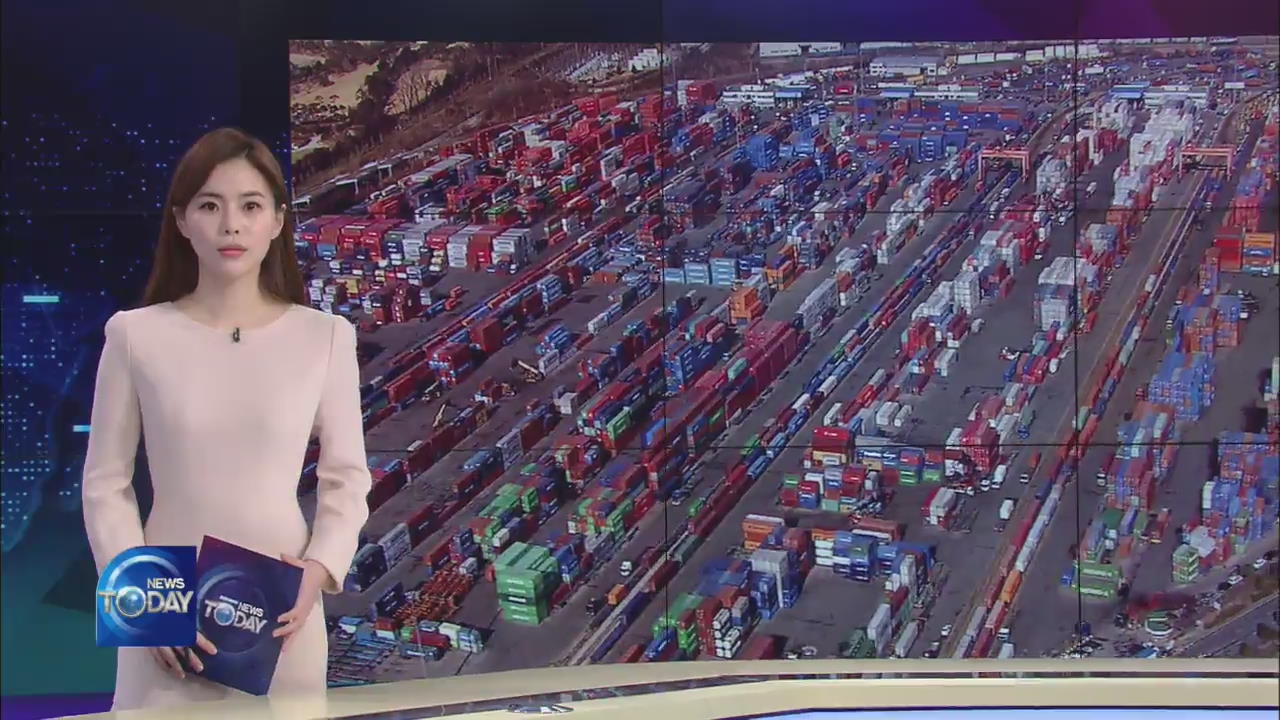
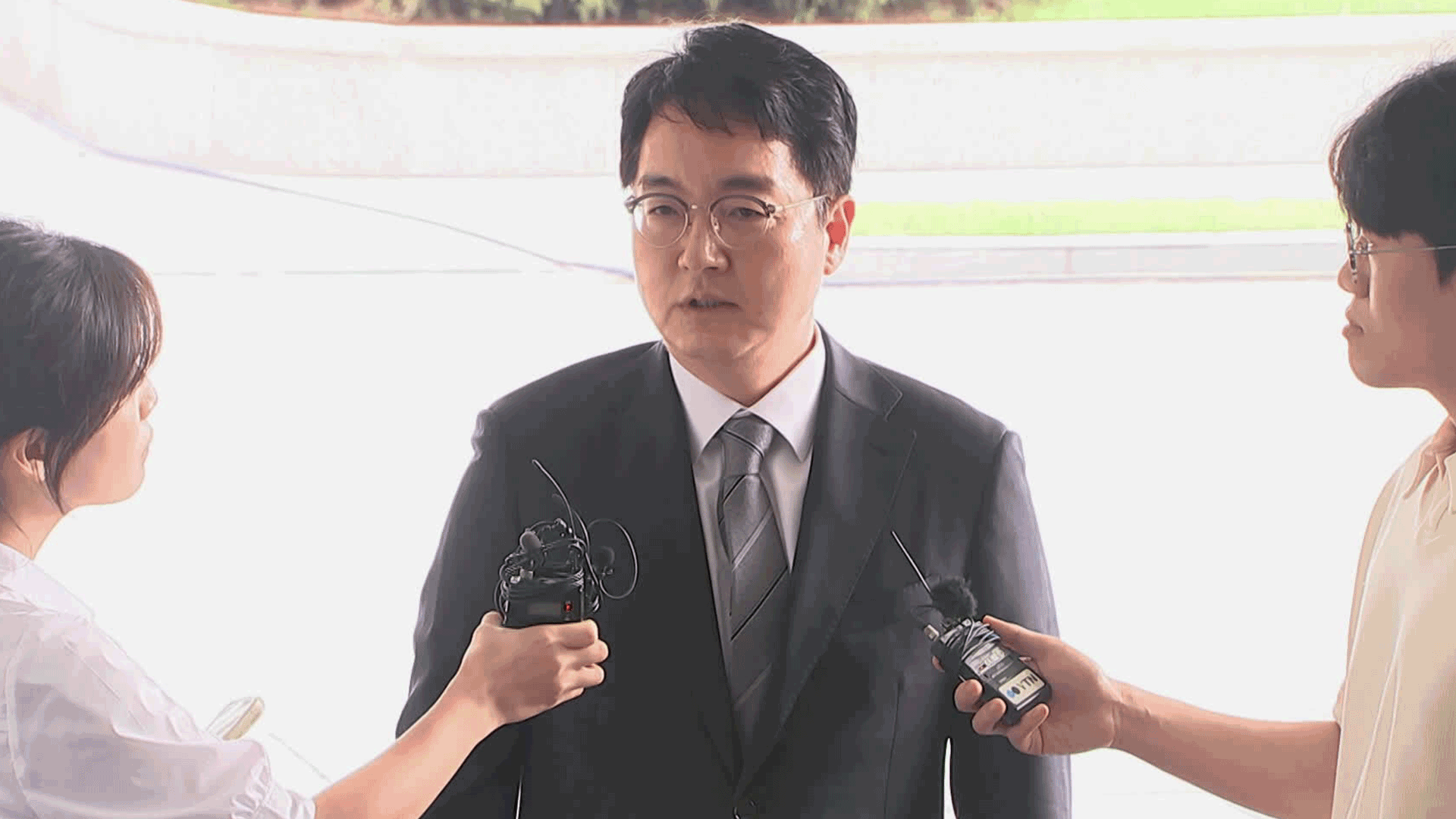
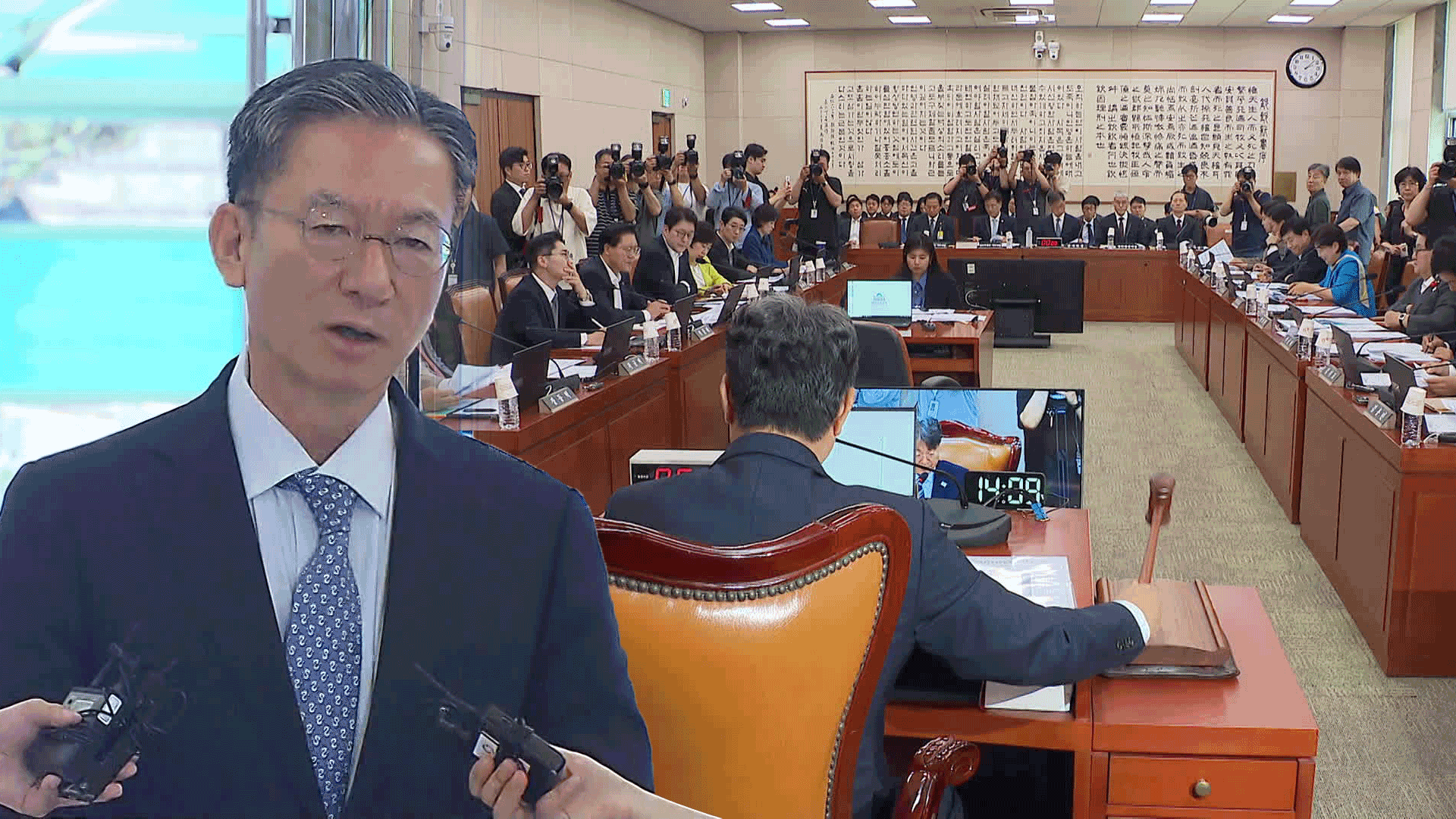
![[단독] 골프연습장 아니라더니<br>…‘한남동 골프연습장’ 도면 입수](/data/news/2025/07/01/20250701_Uh8Jnu.png)
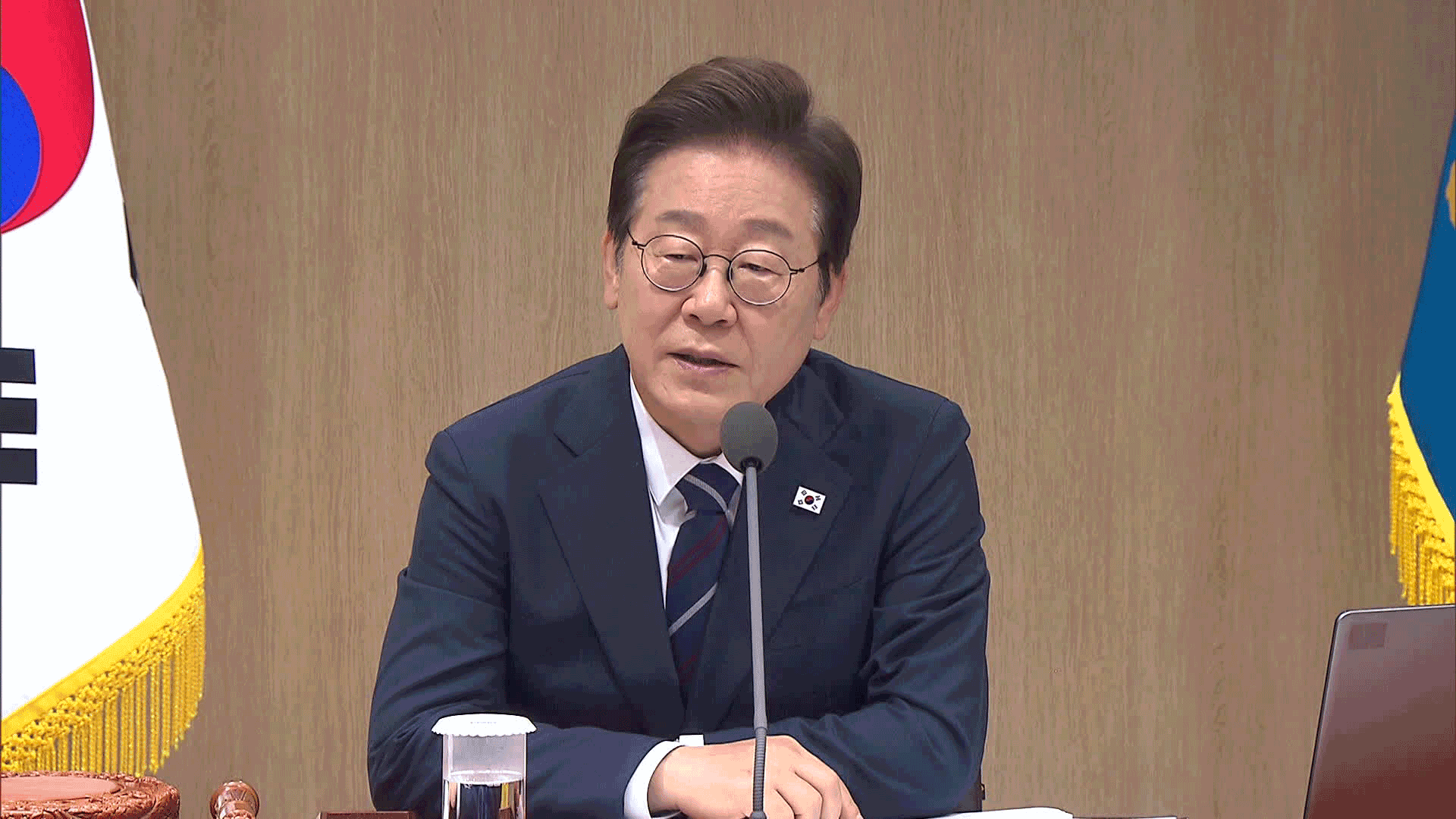

이 기사에 대한 의견을 남겨주세요.